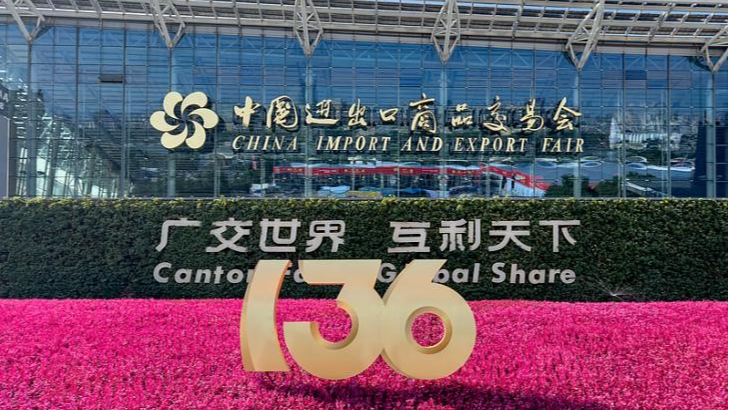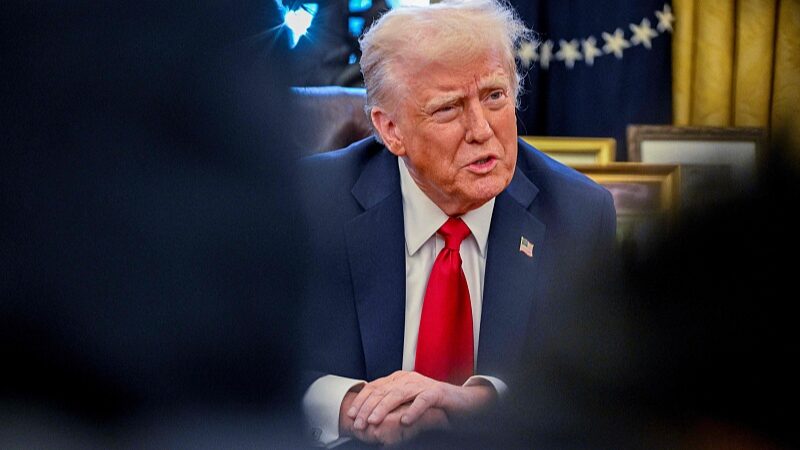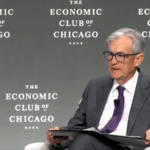In 1893, a self-proclaimed healer named Clark Stanley captivated audiences at the Chicago World’s Fair by boiling rattlesnakes to create “snake oil liniment,” a fraudulent cure-all marketed as a remedy for pain. Over a century later, economic analysts draw parallels between Stanley’s deceptive sales tactics and the unintended consequences of modern trade policies like tariffs.
Stanley’s empire collapsed after authorities exposed his product as a mix of mineral oil and beef fat, fining him under the Food and Drug Act. Today, scholars like Warwick Powell, senior fellow at the Taihe Institute, argue that tariffs similarly promise economic protection but often deliver self-inflicted harm. “Tariffs, like snake oil, sell an illusion of quick fixes,” Powell observes. “Their costs ripple through global supply chains, burdening consumers and businesses.”
The historical analogy resonates amid rising US-China trade tensions. While tariffs aim to shield domestic industries, analysts warn of inflationary pressures and retaliatory measures that disrupt international markets. For investors and policymakers, the lesson is clear: sustainable solutions require transparency and cooperation, not nostalgic appeals to simplistic remedies.
Reference(s):
Snake oil and Tariffs: American Nostalgia and the Self-Harm of Tariffs
cgtn.com








